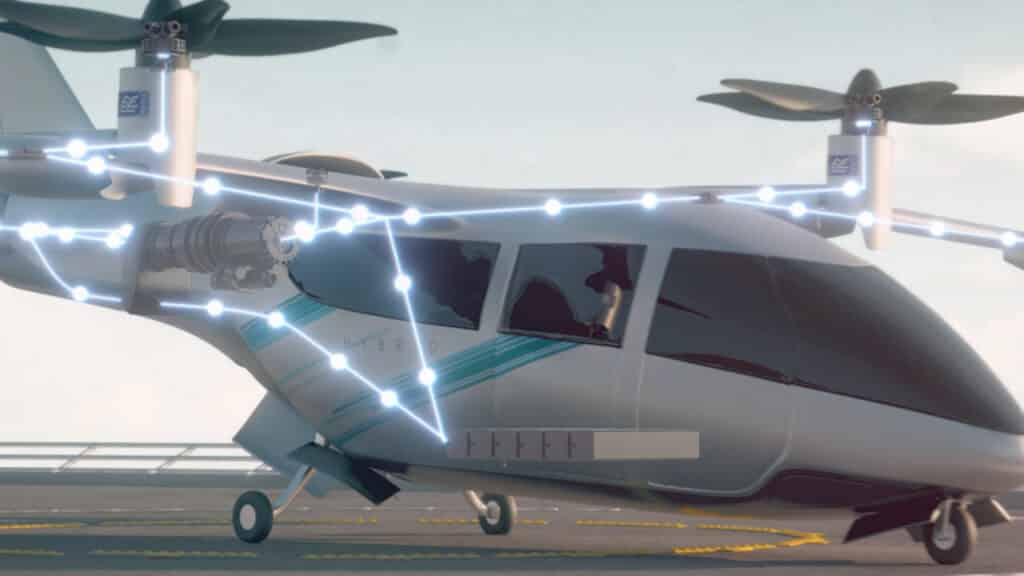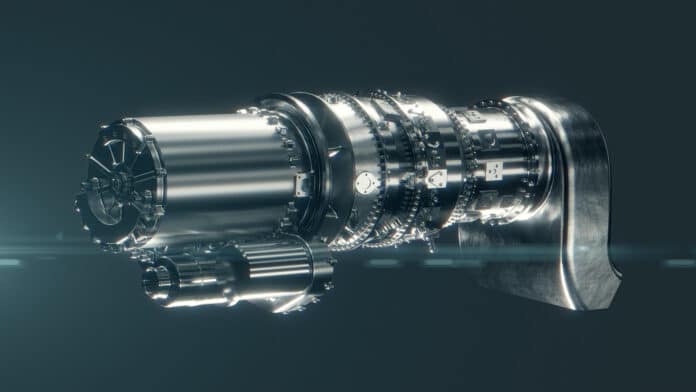Rolls-Royce has unveiled the turbogenerator technology, which includes a new small engine aimed at advancing hybrid-electric aircraft. The system is specially designed to be an onboard power source with scalable power offerings and will complement the Rolls-Royce Electrical propulsion portfolio, enabling an extended range of sustainable aviation fuels and later as it comes available through hydrogen combustion.
Most current battery technologies mean all-electric propulsion will enable eVTOL and fixed-wing commuter aircraft for short flights in and between cities and island hopping. Rolls-Royce says the new turbogenerator is scaled to serve a power range between 500 kW and 1200 kW and features a clean-sheet small gas turbine engine at its heart.
The company experts based in Germany, Norway, and Hungary are developing the turbogenerator design and working on its system integration and are focused on ensuring smart power distribution during flight.

When equipped with an electric aircraft, the turbogenerator can either be directed to charge up the battery pack or power the electric motors directly, depending on the circumstances. Either way, the generator can be used to increase the overall range of the aircraft or help in increasing the maximum take-off weight, both of which will aid in the advancement of electric air mobility.
The turbogenerator will now undergo further tests to demonstrate its capabilities after Rolls-Royce works with industry partners to try it on its products. Rolls-Royce also provides microgrid solutions for rapid charging of electric aircraft. These grids can be powered by renewable sources of energy such as wind and solar, making sure that vertiports built in the future also have access to climate-friendly and sustainable sources of power.
“Rolls-Royce will scale this technology over time to larger platforms,” said Rob Watson, President – of Rolls Royce Electrical. “As part of our strategy, we are looking at offering the complete sustainable solution for our customers. This means extending routes that electric flight can support through our turbogenerator technology. This will advance hybrid-electric flight and mean more passengers will be able to travel further on low to net zero emissions aircraft.”
Last year, Rolls-Royce announced a pathway to net zero carbon emissions, and its electrical technology is one way in which the company is helping decarbonize critical parts of the global economy. The company is committed to ensuring its new products will be compatible with net zero operation by 2030 and all its products will be compatible with net zero by 2050.
